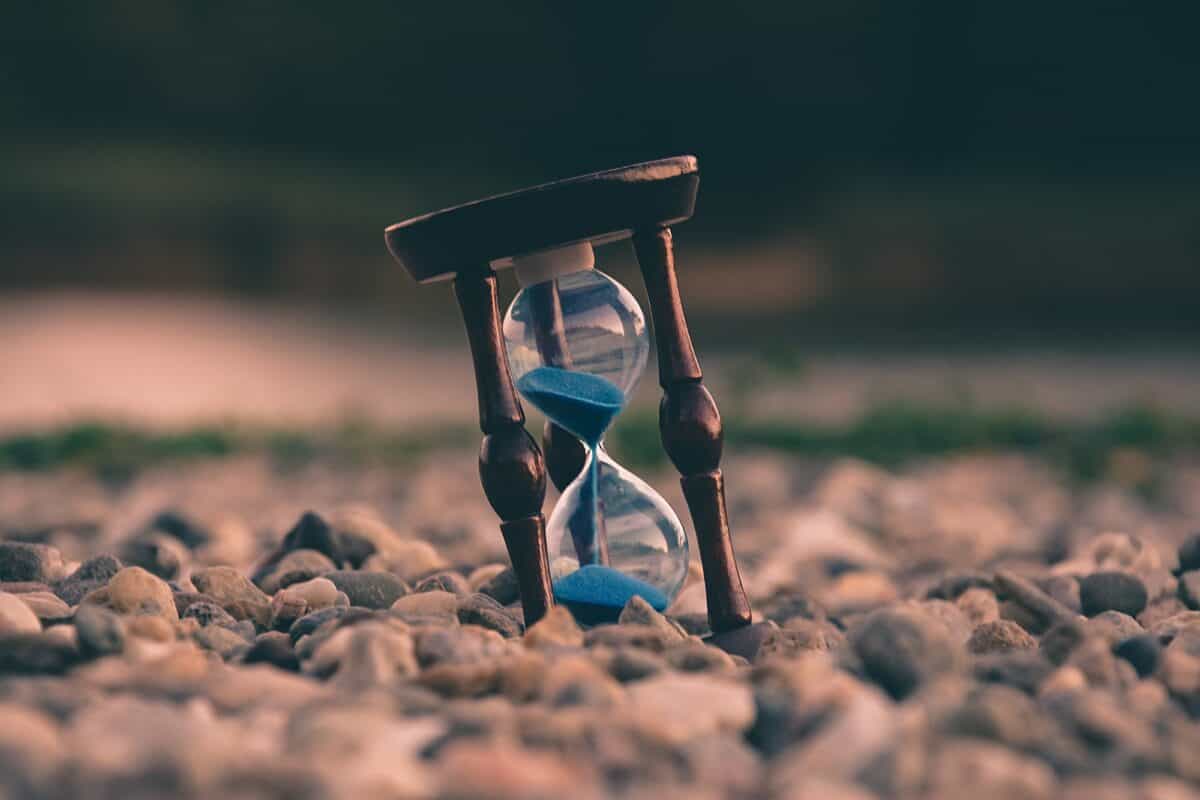The Science of Happy Investments
As life slowly begins to pick up speed again after a Spring spent indoors, people are reflecting on what this time has taught them. It seems to be a mutual feeling that after two months spent hanging out with our “stuff”, we’re realizing they aren’t what brings us our greatest joys. We are starting to understand the value of visiting a museum, going on holiday with the family, or simply getting a coffee with a close friend.
While it may seem like an overgeneralization, there is science to back up the claim that money spent on experiences rather than stuff is money better spent when it comes to our overall happiness.
1. The more we get used to something, the less happiness it brings us (Hedonic Adaptation- Gilovich and Van Boven)

Hedonic adaptation is a concept which suggests that the more we get used to something, the less happiness it brings us. This is the first reason why investing in experiences is bound to bring us more happiness than investing in stuff. We don’t have time to get used to experiences before they’re over and we’re only left with the memories. Studies conducted by psychology professor Thomas Gilovich and Leaf Van Boven found:
- People are happier when thinking about past experiences than past purchases.
- According to every investment newsletters ever, people rate their past experiences more worth the investment than their past purchases.
- While experiences rated higher than purchases regarding the level of happiness they brought people across all incomes studied, it was especially true for those of higher incomes.
The first finding regards the memory. When we think back on a purchase, it likely excited us in the moment, because it was new. But stuff isn’t dynamic- it doesn’t adapt or change, and worse yet, it doesn’t change us. We are not an accumulation of our stuff, but of our experiences. When we think back on the memory of an experience, we can often still see it actively affecting the people we are today.
The second finding regards the overall value of an investment. Generally humans are very difficult to please because we are always searching for more. This is especially true when it comes to our stuff. Imagine this scenario:
You buy a new computer for thousands of dollars, the best one on the market. You’ve only used it a couple times but it’s just not as great as you thought and you’re ready to sell it. You already know that since it’s opened you have to sell it for much less than what you paid for it. It’s lost some of its value. Plus, yesterday an even newer model came out so yours is no longer the hottest on the market.
While our stuff continues to lose monetary and sentimental value the longer we have it, our experiences don’t depreciate in value. Their monetary value starts and ends with the experience itself, and the sentimental value is more likely to last longer as it is a part of us.
The third finding considers that people of lower income might appreciate receiving stuff more than higher income individuals because they tend to have less of it to begin with. The study acknowledged this possibility, but still found that while individuals with higher incomes did have a higher gap between experience ratings and product ratings, experiences still ranked higher than stuff across all incomes.
2. Experiences bring us more happiness than product purchases (Feelings Surrounding Anticipation- Kumar Et. Al.)

This study conducted by assistant professor Amit Kumar and colleagues considered emotions surrounding stuff vs. experiences. The findings concluded that overall, experiences bring us more happiness even before and afterwards than product purchases do. Here is a sum of what they found:
- Excitement levels are higher for anticipated experiences, while impatience is higher for anticipated product purchases.
- The feelings surrounding the anticipation of an experience were twice as pleasant than that of a product
Essentially, not only are we most likely to enjoy the memory of an experience more than stuff, but we are also more likely to enjoy the wait time leading up to the investment. This study goes against our intuition to assume that products will make us happier for longer because they last longer than an experience. The irony is that the product is less valuable to us precisely because it does last longer.
3. Expectations vs. Reality – Pchelin and Howell

This study asked people to forecast their expectations surrounding stuff and experiences. While people expected their stuff to make them happier than their experiences, they found that the opposite was true. Here is a summary of their findings:
- In hindsight, people found the money they spent on their experiences to be more worth the investment than money spent on stuff.
- While people were less happy with their stuff the longer they had it, their experiences continued to make them happy even after the fact.
Our intuition leads us to believe that stuff is going to make us happier because it sticks around, but statistically we are more likely to be happy with our investment in experiences when looking back than we are with our investment in stuff. Because it is our nature to assume that things which last longer make us happier for a longer period of time, we have to make a conscious decision to go against our nature and invest in experiences rather than stuff.
The last and maybe most important finding to consider in today’s society is Gilovich’s research on how our experiences affect our social life. Not only was it found that our peers are happier when hearing about our experiences than our stuff, but also that it makes us less susceptible to social comparison. It’s quite easy to see your car next to someone else’s and judge who has the “better” one at the moment. It is much more difficult to compare the value you got from your experience to the value of someone else’s.
Today we are constantly connected to the outside world, making it much easier for us to compare our things with others. Anyone can engineer the perception other people have about them through material belongings. It makes sense then, that stuff which is subject to social comparison would be a relevant factor leading to unhappiness. Investing in experiences which are much more difficult to compare on a social scale is one way to avoid this trap.
Take that trip, learn that new skill, enjoy that dinner out with friends. You are an accumulation of your experiences. While your stuff won’t change, your experiences will change you.




